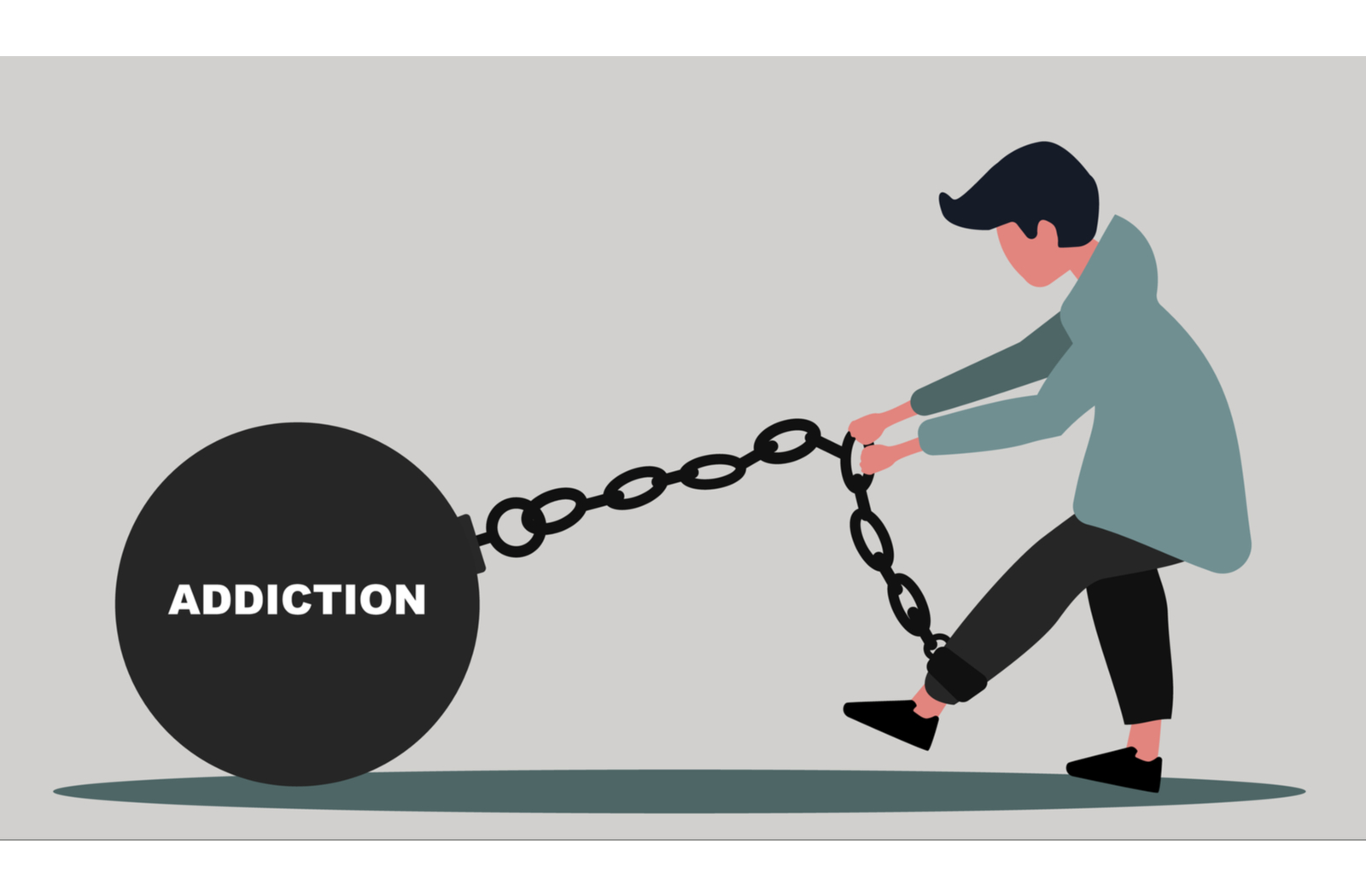Understanding the common causes of addiction is crucial for effective addiction treatment. Many factors contribute to addiction, and recognizing them can help you or a loved one find the right path to recovery.
1. Genetics
Genetics can play a significant role in addiction. If you have a family history of addiction, you may be more prone to developing addictive behaviors. Understanding this genetic predisposition can help you stay vigilant and seek early intervention if needed.
2. Mental Health Disorders
Mental health disorders, such as depression, anxiety, and bipolar disorder, often co-occur with addiction. Addressing these underlying conditions through therapy and medication can reduce the risk of substance abuse and aid in recovery.
3. Trauma
Experiencing trauma, such as physical or emotional abuse, can lead to addiction. Trauma-informed therapy can help individuals process their experiences and develop healthier coping mechanisms.
4. Peer Pressure
Peer pressure, especially during adolescence, can contribute to addiction. Educating young people about the dangers of substance abuse and promoting healthy peer relationships can mitigate this risk.
5. Stress
Chronic stress is a common trigger for addiction. Learning stress management techniques, such as mindfulness and relaxation exercises, can help you cope without turning to substances.
6. Social Isolation
Social isolation can lead to feelings of loneliness and depression, increasing the risk of addiction. Building a strong support network and engaging in social activities can provide a sense of belonging and reduce isolation.
7. Availability of Substances
Easy access to drugs or alcohol can contribute to addiction. Limiting access and creating a supportive environment can help reduce the likelihood of substance abuse.
8. Lack of Coping Skills
Some individuals turn to substances as a way to cope with life’s challenges. Learning healthy coping skills through therapy and self-help groups can provide alternative ways to handle stress and emotions.
9. Low Self-Esteem
Low self-esteem can drive individuals to seek validation through substance use. Building self-confidence and self-worth through counseling and positive affirmations can help address this issue.
10. Family Dynamics
Dysfunctional family relationships and poor communication can contribute to addiction. Family therapy can help improve relationships and create a supportive home environment.
11. Early Exposure
Early exposure to drugs or alcohol can increase the risk of addiction later in life. Preventative education and monitoring can help protect young people from early substance use.
12. Chronic Pain
Individuals with chronic pain may turn to substances for relief, leading to addiction. Exploring alternative pain management options, such as physical therapy and acupuncture, can reduce reliance on addictive substances.
13. Co-Occurring Disorders
Addiction often co-occurs with other disorders, such as eating disorders or ADHD. Addressing all co-occurring conditions simultaneously through integrated treatment can improve outcomes.
14. Environmental Factors
Environmental factors, such as living in a high-stress or impoverished area, can increase the risk of addiction. Creating supportive community programs and access to resources can help mitigate these risks.
15. Personality Traits
Certain personality traits, such as impulsivity and risk-taking, can make individuals more susceptible to addiction. Therapy can help individuals understand and manage these traits in healthier ways.
Addressing Addiction Causes
To effectively address these causes of addiction, it’s important to take a comprehensive approach. Here are some strategies that can help:
1. Seek Professional Help
Consulting with addiction specialists, therapists, and medical professionals can provide you with a tailored treatment plan. They can address underlying causes and guide you through recovery.
2. Engage in Therapy
Therapy, such as cognitive-behavioral therapy (CBT) or trauma-informed therapy, can help you understand and manage the causes of your addiction. Therapy provides a safe space to explore your emotions and develop healthier coping mechanisms.
3. Build a Support Network
Surround yourself with supportive friends, family, and peers who understand your journey. Support groups, both in-person and online, can provide encouragement and accountability.
4. Develop Healthy Habits
Incorporate healthy habits into your daily routine. Regular exercise, a balanced diet, and sufficient sleep can improve your overall well-being and reduce the risk of relapse.
5. Educate Yourself
Learn about addiction and its causes. Understanding the factors that contribute to addiction can empower you to make informed decisions and seek appropriate help.
6. Practice Self-Care
Prioritize self-care by engaging in activities that bring you joy and relaxation. Hobbies, meditation, and spending time in nature can enhance your mental and emotional health.
7. Stay Committed
Recovery is a long-term process that requires dedication and effort. Stay committed to your treatment plan and remind yourself of the progress you’ve made. Every step forward is a step toward a healthier, addiction-free life.
Remember, you’re not alone in this journey, and with the right support, you can reclaim your life from addiction.







